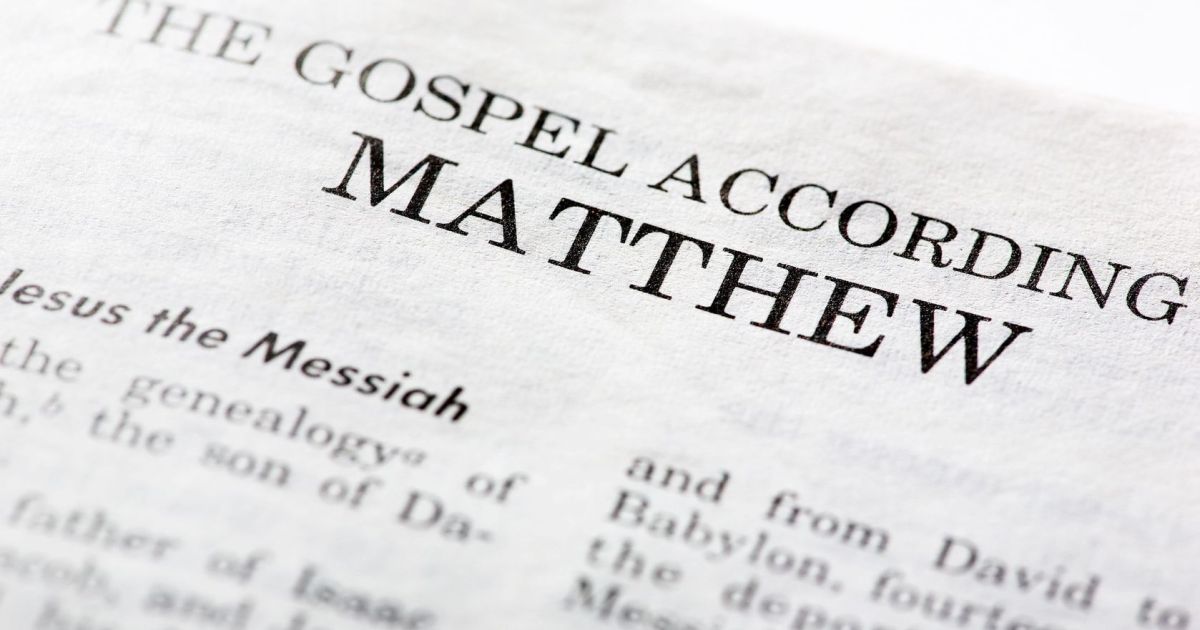No Friend in Jesus
Even as Jews and Christians profoundly disagree about the truth, they are united in the belief that there is a truth to be sought.

“I cannot conceive an argument with John’s Jesus,” Jacob Neusner once wrote, “because eternal Israel in John is treated with unconcealed hatred.” The Gospel of Matthew, on the other hand, was written for a Jewish audience, and the Jesus it portrays is someone with whom Neusner could imagine a conversation. And so, fifteen years ago, he wrote A Rabbi Talks with Jesus. “In this book,” he begins, “I explain in a very straightforward and unapologetic way why, if I had been in the Land of Israel in the first century, I would not have joined the circle of Jesus’ disciples.”
After writing the book, Neusner sent it to Joseph Cardinal Ratzinger to ask if he would consider praising it for a cover blurb. The cardinal readily agreed, to Neusner’s great delight. And, no doubt to Neusner’s even greater delight, Ratzinger—who had become Pope Benedict XVI—returned to the book again in 2007, devoting a good twenty pages of his bestselling book Jesus of Nazareth to discussing Neusner’s work.
“More than other interpretations known to me,” Benedict explains, “this respectful and frank dispute between a believing Jew and Jesus, the son of Abraham, has opened my eyes to the greatness of Jesus’ words and to the choice that the gospel places before us.” Time magazine promptly announced that the pope has a “favorite Rabbi.” For Haaretz, an Israeli newspaper, Neusner is “second to the saints,” because the only people quoted more in Jesus of Nazareth are the canonized. “A pope taking seriously what a Jew says—and says critically—about the New Testament,” said Eugene Fisher, the liaison for Catholic-Jewish relations for American bishops. “Wow. This is new.”
Continue reading at First Things.
Jews and Christians are united in the belief that there is a truth to be sought.
Jews and Christians are united in the belief that there is a truth to be sought.

